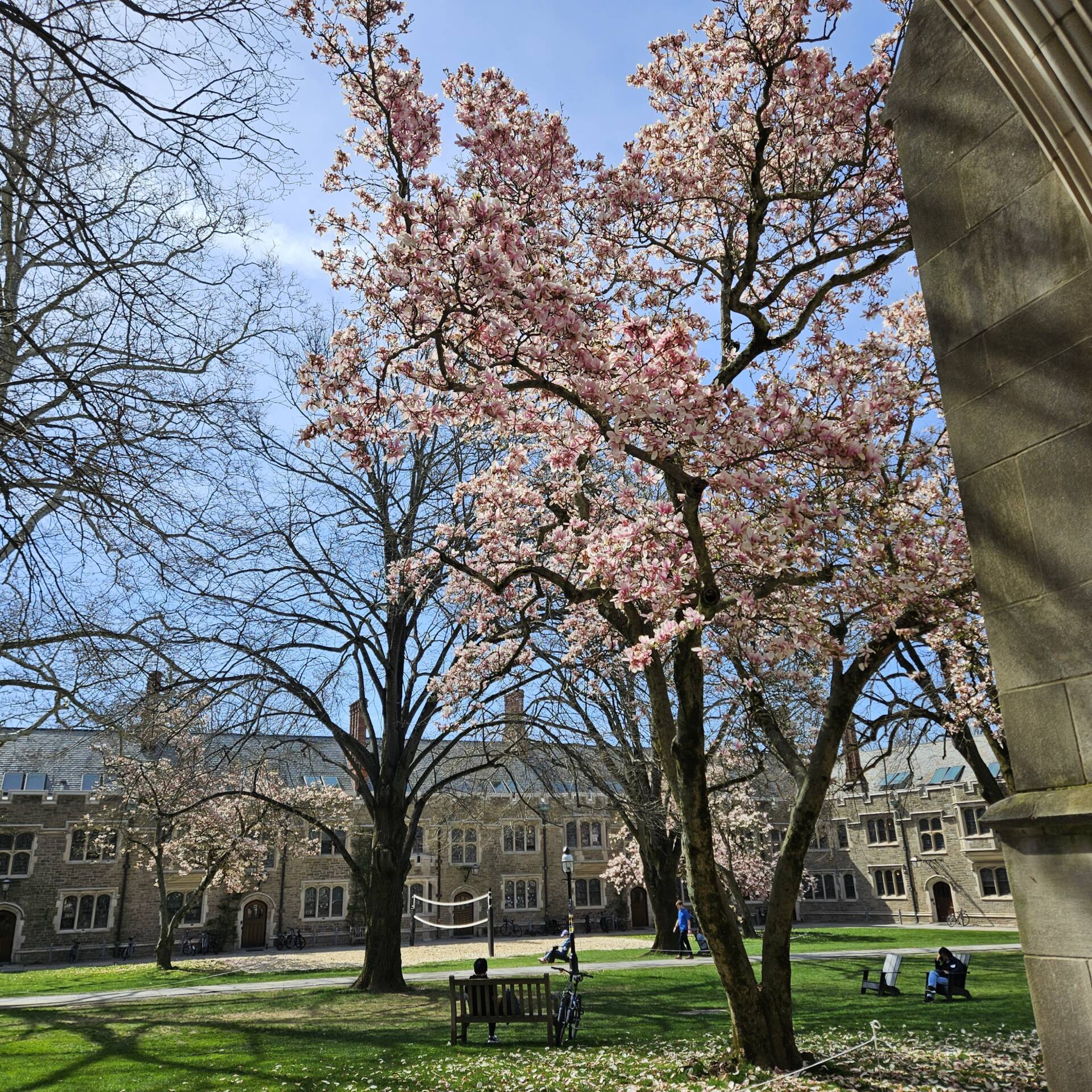Each spring semester, it feels like many of us find ourselves scrambling to find unique, competitive, and exciting research experiences. In these intense weeks full of interviews, rejections, and offers, it is also important to think ahead about what comes next. Although staying connected with your research team after a program or internship ends can present a unique set of challenges, it can just as easily open up a number of new opportunities. This was a dynamic I had to adjust to at the end of my research internship last summer. Through that personal experience, I have found that consistent and clear communication are key after any research experience.
Maintaining communication on a regular basis post-internship is crucial to sustaining the relationships built during the process. While writing a thank you note or email might seem trivial, these messages can go a long way just by acknowledging team members and research leads who held space for your training and orientation. However, consistent communication has to go beyond the thank you note. It means following up periodically to stay updated on your team members and to keep people updated on yourself. The idea of staying updated includes new developments with research, but it also includes generally checking in with how people are doing. While it can sometimes feel excessive to check-in periodically, the results can be really incredible. Had I not followed-up after my internship last summer, I would never have gotten to be a part of a subgroup that focuses on analyzing recruitment within the study. I also would not have had a clue about the study’s progress or how the team was feeling about the project.
The other key aspect of communication is clarity. Specifically, this is being clear about your bandwidth post-summer. Sometimes I think it can be possible to develop a bit of semester-amnesia over summer break, as we selectively dive into one or two projects over several months. This is in comparison to a breakneck semester with time-consuming performing groups, demanding athletics, and the ever-present threat of at least four courses. Although most teams will understand that you are a student, what that means is different for everyone. This is why accessing your future availability will be crucial, because it allows you to establish reasonable expectations with your research team in the case of future opportunities. My current schedule means I’m never available for weekly team meetings, however, the team was able to schedule in a way so that I can attend some of the recruitment subgroup meetings. This flexibility is only an option because it was clear what I would actually be able to contribute to.
I want to be very clear in acknowledging the fact that each research experience is different. Sometimes a research team will not have the ability or willingness to coordinate virtually around an undergraduate schedule. Other programs may have more delineated hard-stop points for undergraduates where there isn’t necessarily a great deal to follow up with. After negative experiences especially, it may be wiser not to pursue a connection beyond the courtesy of a thank you note. Still, attempting to maintain communication that is both consistent and clear after an internship will generally create a strong positioning for any future endeavors.
— Stanley Stoutamire Jr., Social Sciences Correspondent


